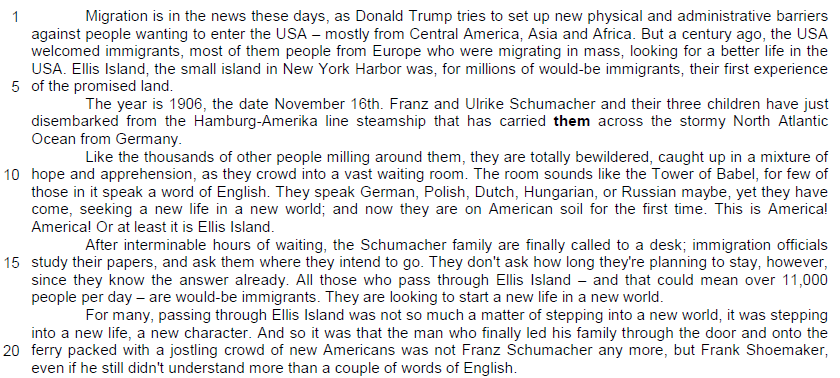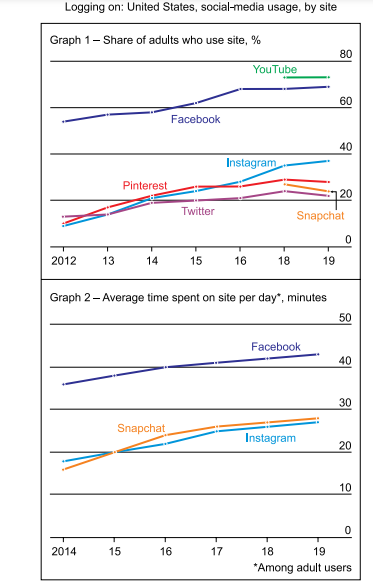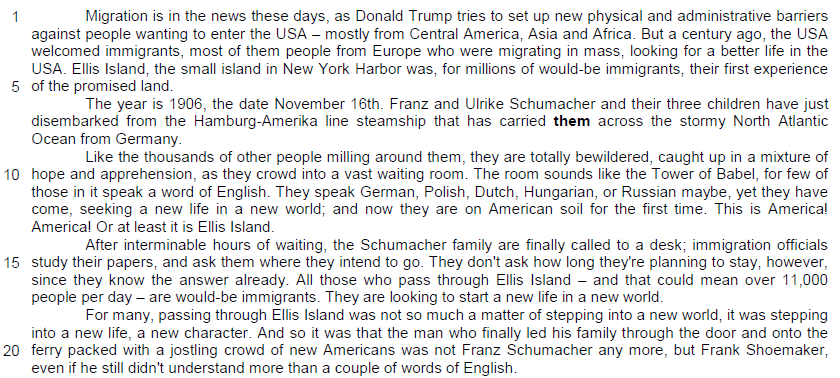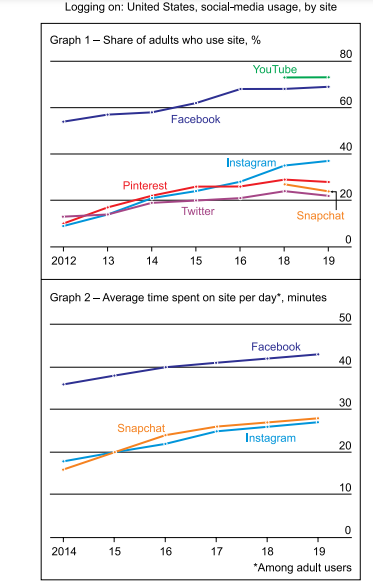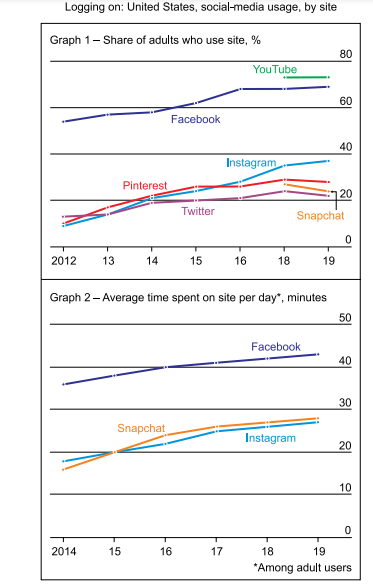Read the text below and answer the following question based on it.
How we learn things shapes our memory
Humans are constantly learning new things. This ability helps us to grow and adapt to new situations daily. But a new study suggests that different learning mechanisms actually shape how the brain stores memories.
As humans, we have not only survived, but thrived throughout time thanks to our ability to learn and adapt to new situations.
Learning itself is a complex process, and there are different types of learning mechanisms through which the brain stores new information and updates old information.
In general terms, there are two ways of learning that humans use to acquire new information in the long term.
One is by association, or through experience. This is when we learn new things incidentally, just because we happened to come across them, or because we are in a new environment that we are learning to navigate little by little.
The other one is learning by reinforcement. This is when we purposefully set out to learn new information — when we take a language course, for example.
A new study conducted by researchers from the Department of Experimental Psychology, the Wellcome Centre for Integrative Neuroimaging, and the Nuffield Department of Clinical Neurosciences — all in Oxford, United Kingdom — indicates that different learning mechanisms have links to memories stored in different parts of the brain.
The researchers add that not only do we store information differently depending on how we acquire it, but that it may be more or less easy for us to lose or change this information for the same reason.
The researchers also explain that the findings indicate that the brain can store information learned through reinforcement for a long time, while other types of information remain more available for updates.
"We also learned that some of this knowledge is very persistent, and the brain does not forget about it even when it becomes irrelevant, while knowledge acquired through an alternative learning mechanism is more flexible and can more easily be changed to new knowledge," notes KleinFlügge.
When it comes to unlearning or forgetting information, the researchers also note that information acquired incidentally through associations is easier to discard than information acquired through goal-oriented learning.
Adaptado de: < https://www.medicalnewstoday.com/articles/326826.php> Acessado em 29 de outubro de 2019.
